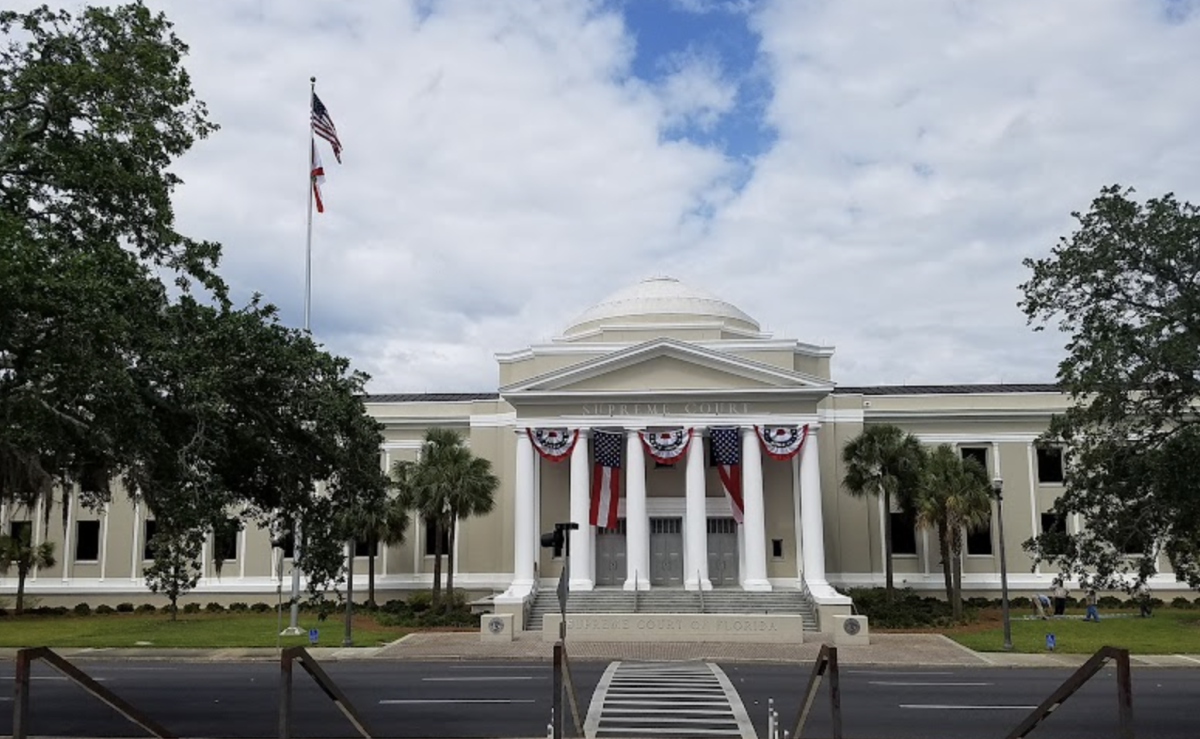Raising the Debt Ceiling Is the Solution To Impending Default
The Republican Limit, Save, Grow Act breaks precedent and is an ill-advised response to the debt crisis. Photo: Valugi via Wikimedia Commons.
The debt crisis should not exist. The solution is straightforward and concise: raise the debt ceiling. Unfortunately, GOP politicians in positions of power and gunning for leverage are effectively holding the American economy hostage as they aim to pass a catastrophic debt-limiting bill to avoid impending default. While many have turned to this bill, which has already passed through the House, for salvation, the true remedy for the American economy lies in precedent and sustainability.
Currently, the American economy and the global economy hang in the balance as American politicians debate how to prevent default. These Congressional debates are unnecessary, however, as raising the ceiling is the long-standing precedent and proper procedure to address the national debt. In spite of precedent, GOP lawmakers seek to further their political agenda with the Limit, Save and Grow Act, stipulating significant cuts to social security, veteran benefits and other government-funded programs. This bill is the pinnacle of conservative fiscal policy and would allow conservatives to shrink the size of federal budgets. The Republican bill, passed late last month, is a gross misuse of power and pushes to lower the deficit by cutting funding to critical programs. The Senate should not pass the Limit, Save and Grow Act, but rather stick with precedent and raise the debt ceiling before the June 1 deadline.
On a more long-term basis, the nation should look for new strategies to prevent a similar economic crisis in the future. Strategically pruning the size of federal budgets, for example, would benefit all Americans. Bloated programs like social security need massive structural changes, such as raising the minimum age for recipients or converting the system to a more modern model. Additionally, moving the country away from an outcome-based welfare system towards an opportunity-based model will be instrumental in preventing another debt crisis, as an opportunity-based model would be cheaper and more rewarding to the American public. Likewise, making cuts to the oversized defense budget, such as by replacing certain personnel with automated technology or by slowing weapons production, would further alleviate the deficit.
The appropriate time to make sweeping changes to the federal revenue system is not amidst a crisis. Instead, precedent should be followed and the debt ceiling should be raised, after which reforms should be pursued to build a more sustainable model for the future.
Your donation will support the student journalists of Sidwell Friends School. Your contribution will allow us to purchase equipment and cover our annual website hosting costs.
























































